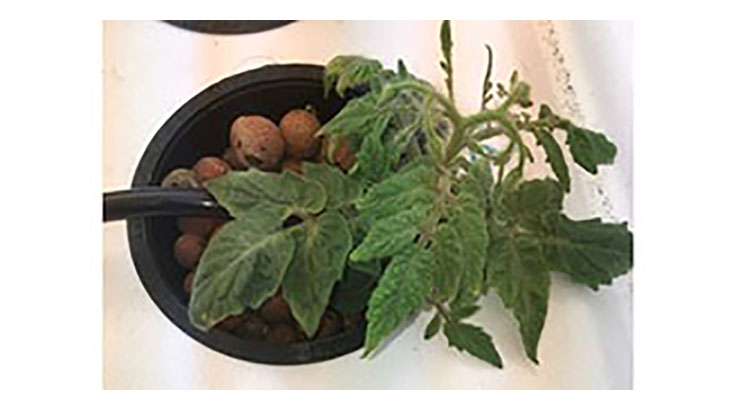Compositions and Methods for Delivery of Molecules to Plants
ID# 2018-PSSHE-27
Technology Summary
The present technology provides a system allowing for food producing plants (i.e. soybeans, tomatoes) to be successfully planted in soils that have a low bioavailability of iron. The plants are engineered to express an iron/phytosiderophore transporter protein. The transporter protein takes up iron when complexed with a chelator produced by grasses (e.g. oats) called a phytosiderophore (PS). By providing the appropriate PS through direct application or via a companion (nurse) crop, engineered plants possess the ability to take up the iron/PS complex. Therefore, the technology allows for the production of food crops, like soybeans and tomatoes, in soils that were previously inhospitable for food production.
Application & Market Utility
Hunger is a world-wide problem with more than 815 million people in need of food. However, approximately one-third of land that is suitable for growing crops has a low bioavailability of iron. As a result, the production of food producing crops is limited. The present technology addresses this need by providing a means by which plants can be engineered to take up iron. Farmers around the world will now be able to plant food producing crops in alkaline soils by planting seeds using the present technology.
Next Steps
Seeking research collaboration and licensing opportunities.

